I Did Some Drawings On My Ipad Using The Goodnotes App And Referencing Google Images.




I did some drawings on my ipad using the goodnotes app and referencing google images.
More Posts from Astrosciencechick and Others

I want to be a new genre.
(via Etsy)
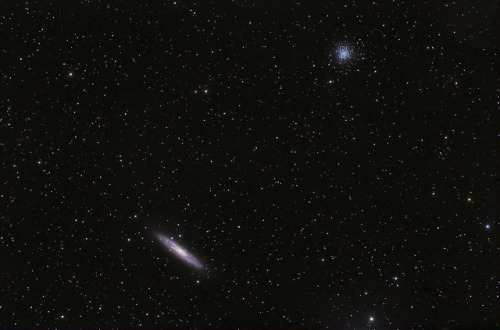
Spiral Galaxy NGC253 and Globular Cluster NGC288
by Eddie Trimarchi
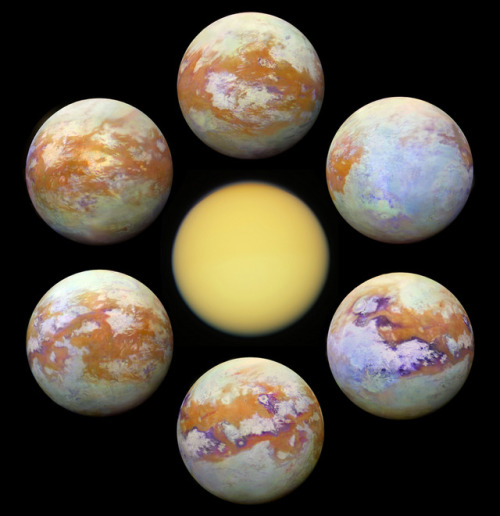
Seeing Titan : Shrouded in a thick atmosphere, Saturn’s largest moon Titan really is hard to see. Small particles suspended in the upper atmosphere cause an almost impenetrable haze, strongly scattering light at visible wavelengths and hiding Titan’s surface features from prying eyes. But Titan’s surface is better imaged at infrared wavelengths where scattering is weaker and atmospheric absorption is reduced. Arrayed around this centered visible light image of Titan are some of the clearest global infrared views of the tantalizing moon so far. In false color, the six panels present a consistent processing of 13 years of infrared image data from the Visual and Infrared Mapping Spectrometer (VIMS) on board the Cassini spacecraft. They offer a stunning comparison with Cassini’s visible light view. via NASA
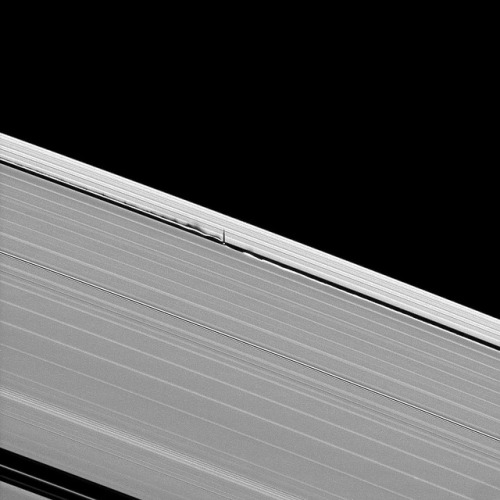
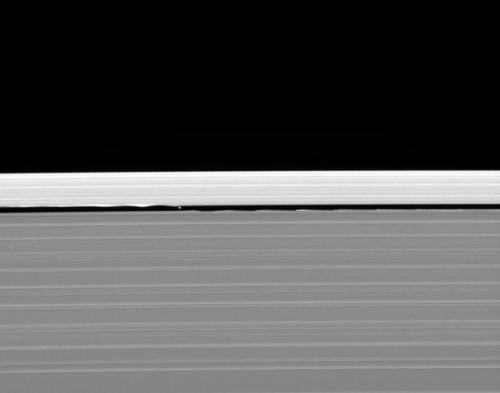
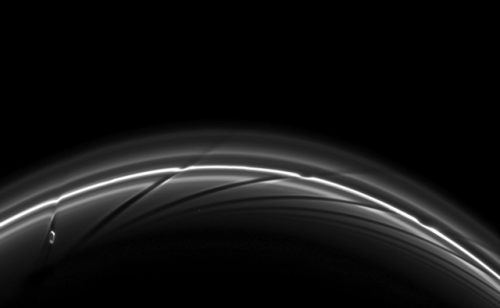
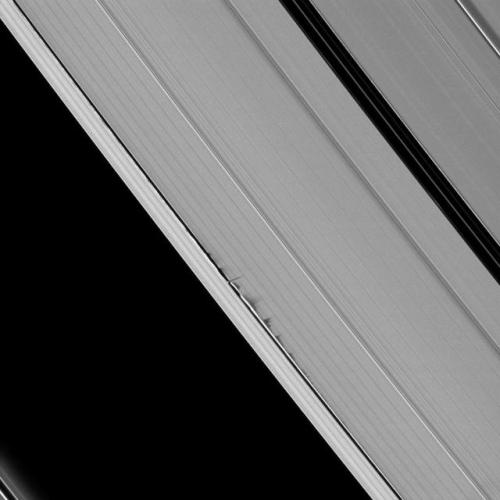
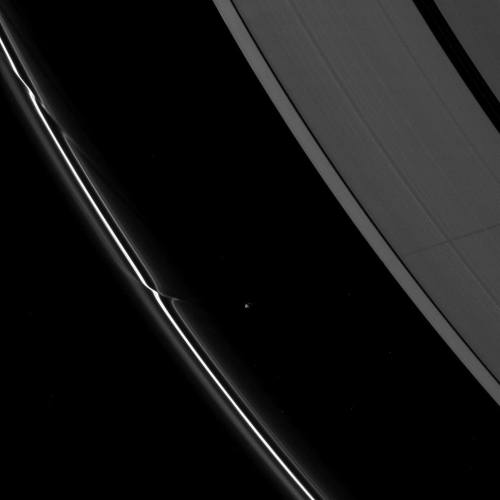
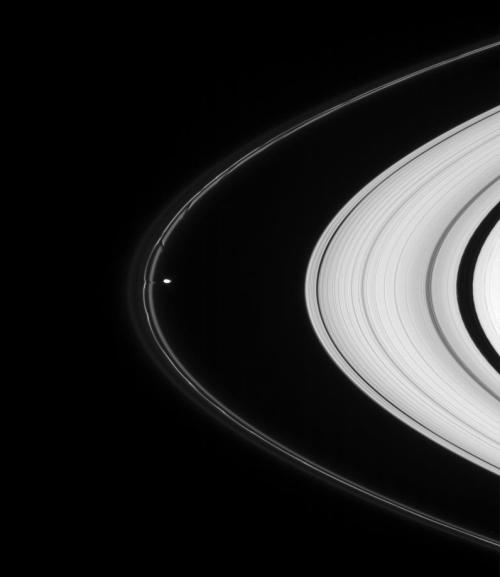

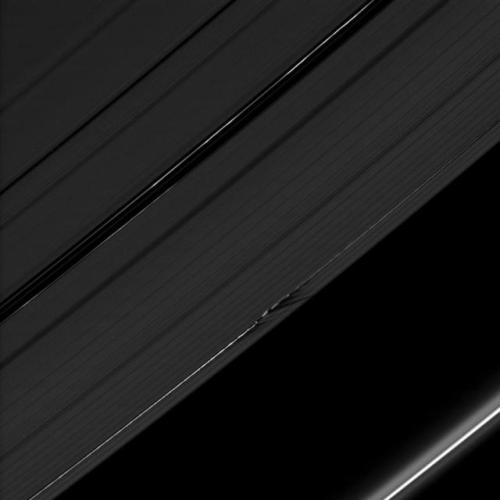

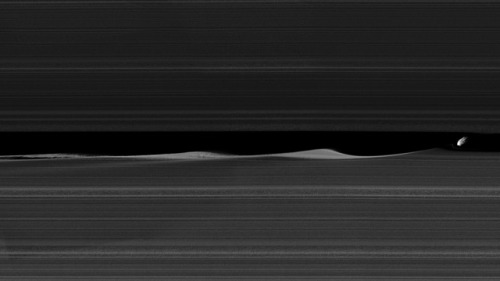
Ripples in the rings of Saturn caused by the orbit of small moons (Pandora, Pan, Prometheus, Atlas, Daphnis, etc.)

To see the animation click here
Image credit: NASA/JPL/Cassini & Planetary Ring Image of the Day

55 Nights with Saturn
i feel bad for math. its such a calm and friendly discipline full of beautiful and complex patterns and theres absolutely nothing inherently bad or oppressive about it but ppl treat it as though its evil and malicious. a lot of pure math lacks any kind of practical application or end goal, and just exists for the sake of stimulating peoples minds and pushing the limits of the medium as far as is possible. much like almost every kind of art
math means u no harm friends

IC 2177, Flying Seagull

A neutron star located within the remains of a supernova - known as 1E 0102.2-7219 (E0102) - in the Small Magellanic Cloud located 200,000 light years from Earth. [3985 × 6287]
Maybe we shouldn’t have given Pluto unrealistic expectations of reality. 🤷🏻♀️
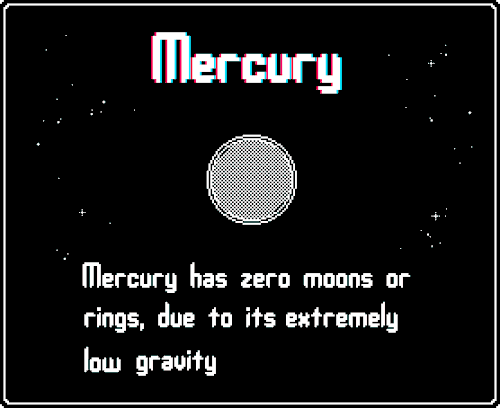
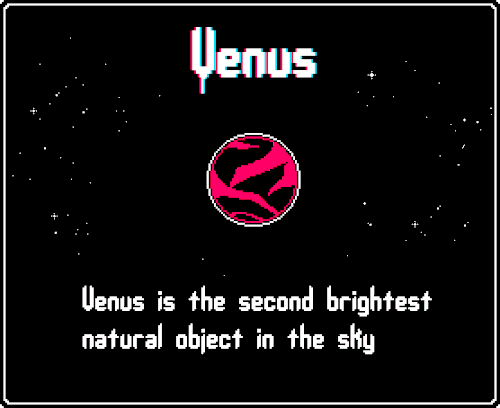
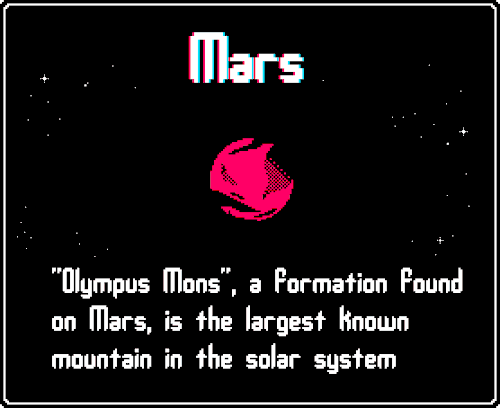
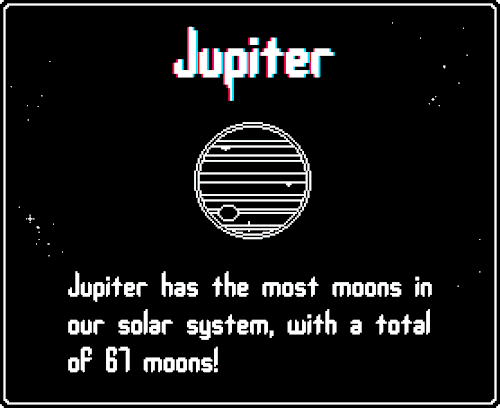
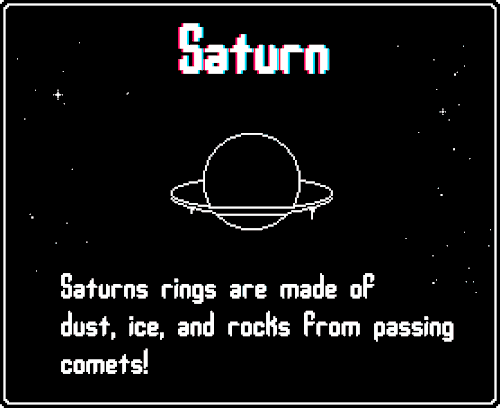
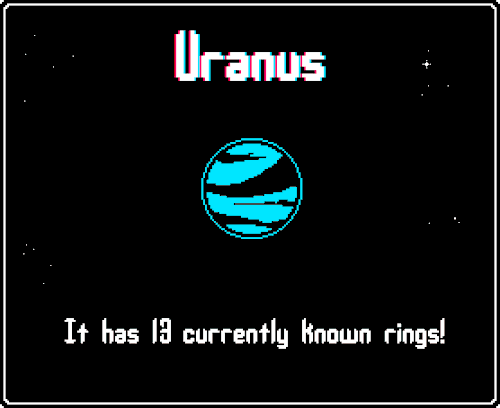
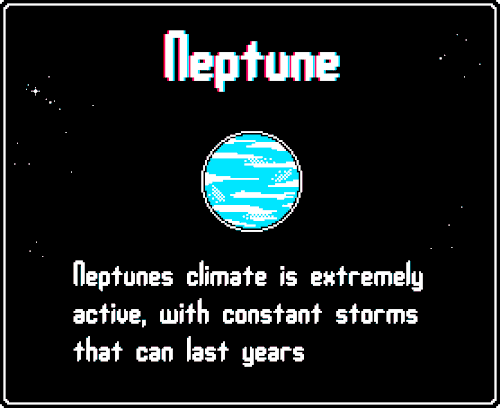
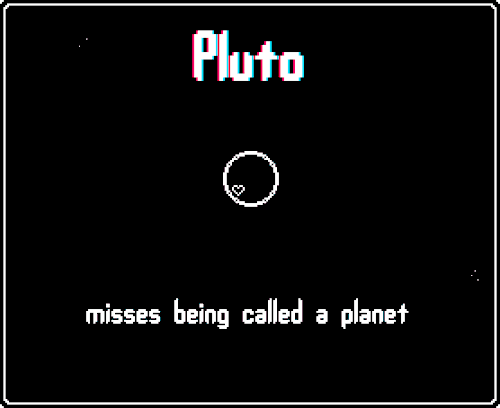
a gifset of planet facts because i rlly love space!!
//please dont remove caption!

The NASA/ESA Hubble Space Telescope captures the iridescent tapestry of star birth in a neighbouring galaxy in this panoramic view of glowing gas, dark dust clouds, and young, hot stars.
Credit: NASA/ESA and the Hubble Heritage Team (AURA/STScI/HEIC)
-
 brdwoliveira liked this · 2 years ago
brdwoliveira liked this · 2 years ago -
 astrophysicsstudent reblogged this · 3 years ago
astrophysicsstudent reblogged this · 3 years ago -
 novemberbbb reblogged this · 3 years ago
novemberbbb reblogged this · 3 years ago -
 cronicasespaciais liked this · 3 years ago
cronicasespaciais liked this · 3 years ago -
 spyglassrealms liked this · 3 years ago
spyglassrealms liked this · 3 years ago -
 solarsmith49 reblogged this · 3 years ago
solarsmith49 reblogged this · 3 years ago -
 nenonemo reblogged this · 3 years ago
nenonemo reblogged this · 3 years ago -
 nenonemo liked this · 3 years ago
nenonemo liked this · 3 years ago -
 nocturlabium reblogged this · 3 years ago
nocturlabium reblogged this · 3 years ago -
 iamchaosgirl liked this · 3 years ago
iamchaosgirl liked this · 3 years ago -
 thevisiblespectrum liked this · 3 years ago
thevisiblespectrum liked this · 3 years ago -
 stateofregraceion liked this · 3 years ago
stateofregraceion liked this · 3 years ago -
 mischief02 liked this · 3 years ago
mischief02 liked this · 3 years ago -
 ycyhlirum liked this · 3 years ago
ycyhlirum liked this · 3 years ago -
 soybeansoybean reblogged this · 3 years ago
soybeansoybean reblogged this · 3 years ago -
 rivarius reblogged this · 3 years ago
rivarius reblogged this · 3 years ago -
 rivarius liked this · 3 years ago
rivarius liked this · 3 years ago -
 elijah-would reblogged this · 3 years ago
elijah-would reblogged this · 3 years ago -
 sircharleschewbacca liked this · 3 years ago
sircharleschewbacca liked this · 3 years ago -
 re-so-nance liked this · 3 years ago
re-so-nance liked this · 3 years ago -
 theprolificone liked this · 4 years ago
theprolificone liked this · 4 years ago -
 thelooneytoon liked this · 4 years ago
thelooneytoon liked this · 4 years ago -
 totallybooks liked this · 4 years ago
totallybooks liked this · 4 years ago -
 shallowcrow liked this · 4 years ago
shallowcrow liked this · 4 years ago -
 girlyoustolemyheart liked this · 4 years ago
girlyoustolemyheart liked this · 4 years ago -
 aisling-corrigan reblogged this · 4 years ago
aisling-corrigan reblogged this · 4 years ago -
 esotericemirite reblogged this · 4 years ago
esotericemirite reblogged this · 4 years ago -
 esotericemirite liked this · 4 years ago
esotericemirite liked this · 4 years ago -
 mrreyking liked this · 4 years ago
mrreyking liked this · 4 years ago -
 feathers-little-nest liked this · 4 years ago
feathers-little-nest liked this · 4 years ago -
 mimathymas liked this · 4 years ago
mimathymas liked this · 4 years ago -
 i-never-asked-for-it liked this · 4 years ago
i-never-asked-for-it liked this · 4 years ago -
 laegless liked this · 4 years ago
laegless liked this · 4 years ago -
 jellycats liked this · 4 years ago
jellycats liked this · 4 years ago